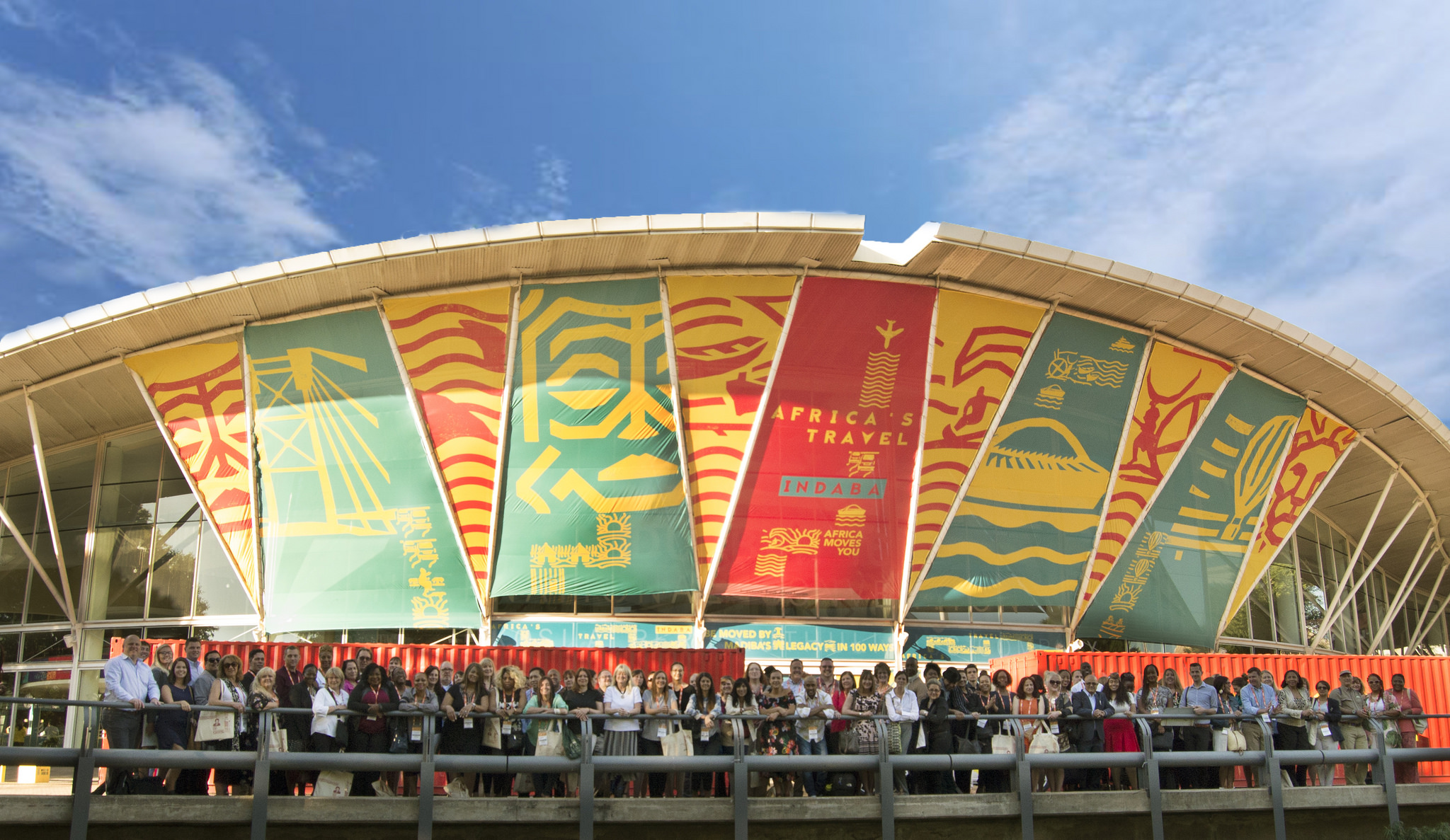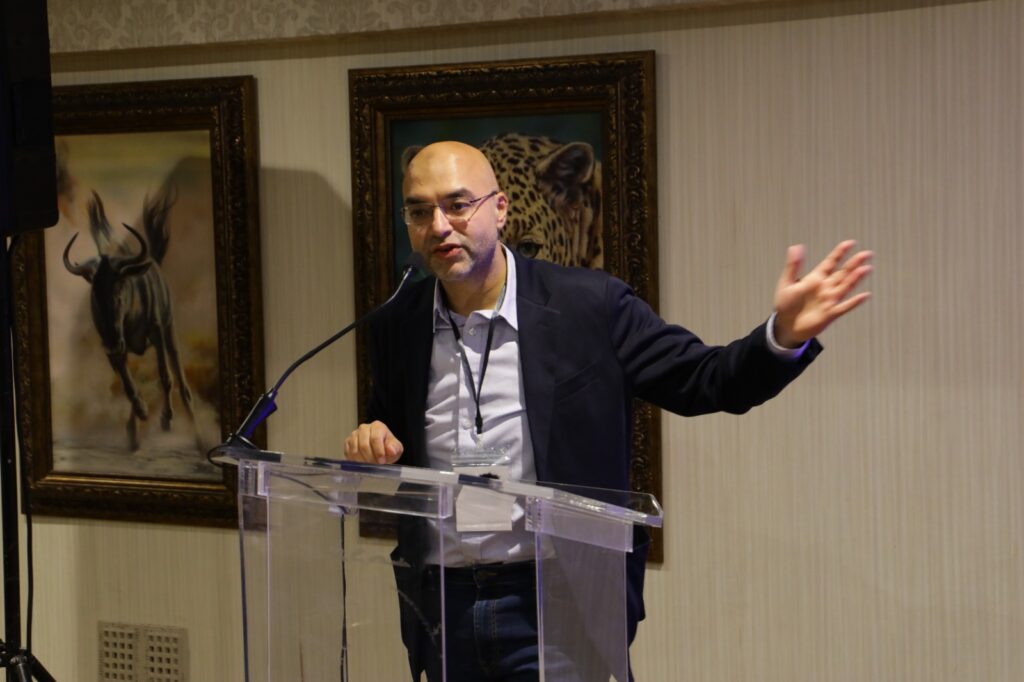The African intracontinental tourism market is seeing the beginnings of a renaissance and South Africa is carving out a prominent space in this milieu. Our recently implemented visa waivers are already boosting Pan-African tourism with a significant increase in arrivals from Kenya and Ghana adding to the already growing figures of arrivals from overseas. Visitors to SA are captivated by our unparalleled natural beauty, renowned friendliness and world-class, award-winning hotels and restaurants. There has never been a better time to showcase our offerings.
Africa’s Travel Indaba (ATI) is one of the largest, must-attend travel events on the global calendar drawing hundreds of visitors, exhibitors, buyers, and media to engage with key stakeholders in the tourism industry. It has been awarded Africa’s best travel and tourism show by the Association of World Travel Awards. According to Deputy Minister of Tourism, Fish Mahlalela, last year’s event directly contributed R408.6m to our economy with an indirect contribution of R776.4m with this year’s event set to surpass these figures.
With the current state of SA’s economy and tourism sector, we are in dire need of a boost and a chance to showcase what we bring to the table. ATI is a massive opportunity, already securing 990 exhibitors from 26 African countries and the numbers are growing. It is more than a showcase – it is symbolic of furthering connections with our neighbours and a celebration of African excellence. We must use this opportunity to market our country as a unique destination with standout offerings aligned with global trends in travel and hospitality. But are we effectively aligning our offerings with global trends?
Some of the global trends emerging from top publications like Condé Nast Traveller and Hospitality.Net encapsulate the adventurous zeitgeist emerging in a post-pandemic society. Travellers are craving unique adventures, ready to splurge on memorable experiences, squeezing the most out of a single trip. This mindset demands quality offerings. A couple of key trends identified in 2024 where SA is excelling are sports tourism and luxury travel, with the latter tapping into related trends of ecotourism and silent tourism.

According to a report from Future Market Insights, South Africa is set to become one of the most desirable sports destinations in the world growing by about 9% annually until at least 2032. South Africa was also recognised at the 17th annual World Luxury Hotel Awards 2023, highlighting our prominence on the global luxury travel radar. We have a finger on the pulse when it comes to some of the trends defining global hospitality. But there are more opportunities to seize.
The most important trend, or rather change underpinning a monumental shift in how our industry operates, is digitisation. According to a South African Tourism report titled “Global Digital Tourism Trends” digitisation can significantly enhance user experience, highlighting AI map integration, AI travel planning assistants and chatbots, and virtual reality dining experiences as just a few examples of how tech is changing the game. South Africa is joining the cause, albeit slowly, with a few examples of innovative tech use popping up as early as 2021 (see Hotel Sky’s robot room service in 2021). The hospitality tech landscape is accelerating, and these examples are rare. The industry must commit to technological transformation or risk lagging our global peers.
Another significant trend, and one pertinent to the ATI, is that of multi-destination travel across the continent, with visitors from overseas looking to explore multiple African countries in a single trip. The addition of more flight routes, such as Flysafair’s Zambia, Mozambique and Zimbabwe routes, indicates a positive step toward leveraging this trend, but the ATI is a fantastic opportunity for us to connect with our neighbours, align our offerings, and make sure this opportunity to boost the African hospitality industry is not wasted.
To fully capitalise on Africa’s Travel Indaba, South African tourism and hospitality sectors must actively adopt emerging trends, draw insights from industry peers, and demonstrate readiness to compete globally. This initiative presents an ideal platform for solidifying our position within the African tourism resurgence. Let us leverage this opportunity to showcase our preparedness and readiness for the world stage.
Hamza Farooqui is the CEO of Millat Group. The Millat Group currently own four hotels operated by the Hyatt Hotels brand.









